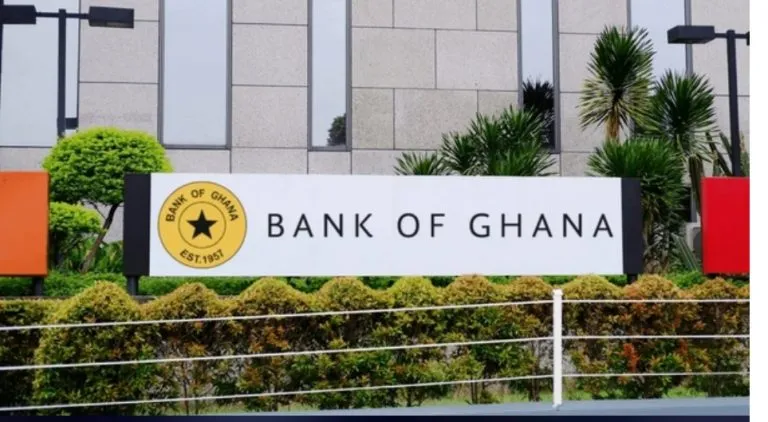The Bank of Ghana (BoG) is set to roll out stringent directives targeting opaque bank charges, unsafe digital lending practices, and governance lapses within the banking sector.
This move is part of broader efforts to protect customers and strengthen regulatory oversight.
Speaking at the post-Monetary Policy Committee meeting with Heads of Banks on Tuesday, June 3, BoG Governor Dr. Johnson Asiama signaled a tougher stance on commercial banks imposing arbitrary fees under the guise of operational cost recovery.
“The era of unchecked charges will no longer be tolerated”.
He mentioned that, the Central Bank is finalizing comprehensive policy directives that will:Set clear benchmarks on pricing disclosures across licensed banks, tighten controls on interest charges across digital platforms, enhance transparency in foreign exchange (FX) pricing, address non-performing loans (NPLs) and ensure the recapitalization of commercial banks.
Dr. Asiama highlighted concerns over banks applying interest charges on inactive credit accounts, leading to cases where accrued interest exceeds the original principal.
“Let me be clear, such practices are unacceptable and must end. This distorts customer outcomes, misrepresents the true profitability of lending portfolios, and violates the principles of fair treatment and transparency.”
The new regulations, Dr. Asiama stated will be phased in some directives which will take effect from July and August 2025, and others, including a 10% cap on NPL ratios, will become operational in 2026.
A key component of the reforms is a directive requiring commercial banks to publish details of “blacklisted” borrowers and entities with a history of default in their annual accounts.
This measure aims to improve credit risk management and deter chronic defaults that threaten the stability of the banking system.




















